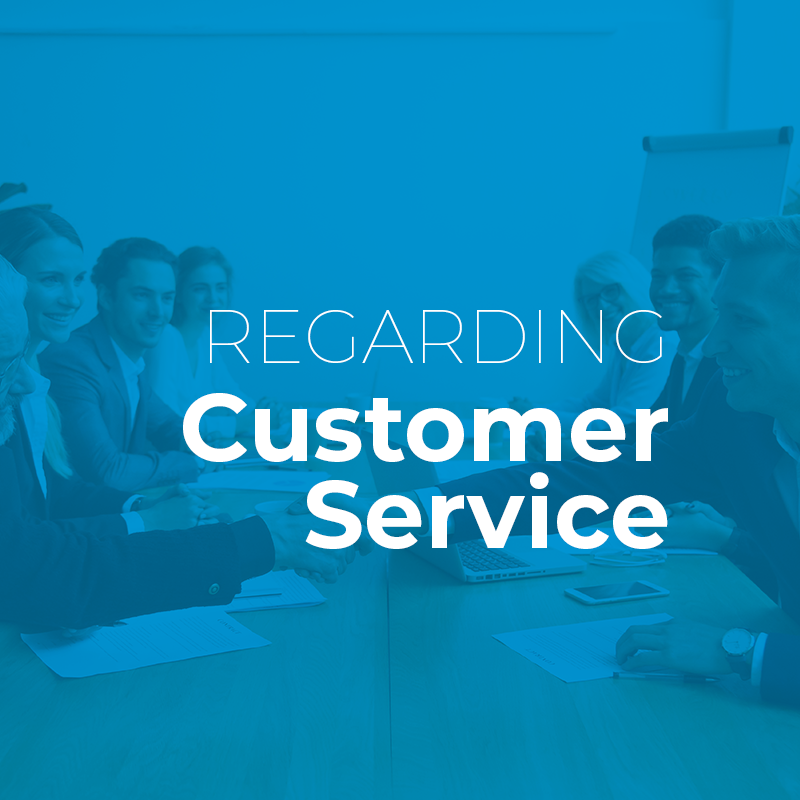Selecting a CRO: Considerations for Small to Mid-Sized Sponsors
Selecting a CRO is a big decision that may have a large impact on your study’s chances of success. Is the “big box” CRO your safest bet?
Let’s say you work at a small biotech company that has decided to partner with a big name, big box CRO for an upcoming trial. You’ve been thoroughly impressed by the team you met with. They’re at one of the most well-known CROs in the industry, and highly experienced. You feel your project will absolutely benefit from their significant study-specific expertise.
You sign a contract with them, and a start-up period commences.
The CRO leadership team that had impressed you so much begins by introducing you to the less experienced staff that will actually be organizing the project.
Sure, it’s not ideal—but things start off smoothly.
As time goes by, you find that more and more responsibilities are being passed off to less and less experienced team members.
You notice timelines are extending, but you aren’t getting any real reason as to why from the CRO.
Are the experts you were initially sold on even involved in your study at all?




